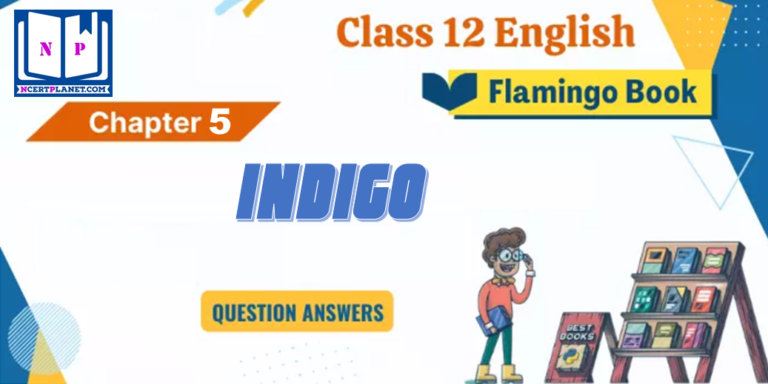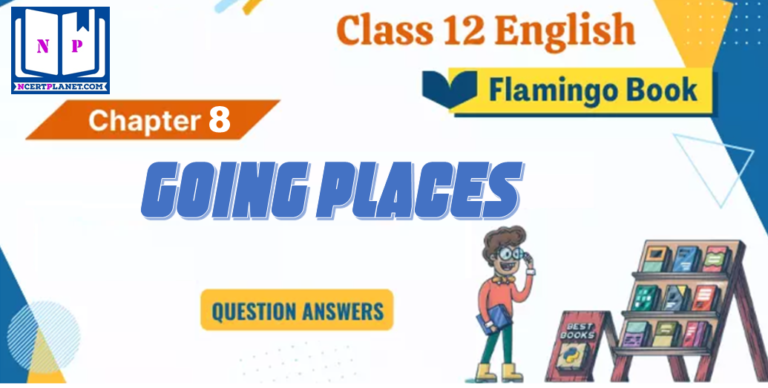Class 8 - English - Honeydew
POem 4 - The Last Bargain

Top Block 1
QUESTIONS FROM TEXTBOOK
WORKING WITH THE POEM (PAGE 75)
Question 1: Who is the speaker in the poem?
Answer:
A man looking for his employer is the speaker.
Question 2: “The king, sword in hand” suggests
(i) wealth (ii) power (iii) more power than wealth
Mark the appropriate item in the context of stanza 1.
Answer:
(ii) power
Question 3: The old man offered the speaker a lot of money. Why did he turn down the offer?
Answer:
The man didn’t need money. He valued his freedom more than becoming a slave for gold.
Question 4: Find in the poem, lines that match the following. Read both one after another.
(i) I have nothing to give you except goodwill & cheer.
Answer:
“I hire you with nothing”
(ii) Her happiness was no more than sorrow in disguise.
Answer:
“Her smile paled and melted into tears”.
(iii) The king’s might was not worth much.
Answer:
“But his power counted for naught”
Question 5: How did the speaker feel after talking to the child on the beach?
Answer:
The speaker felt after meeting the child that he would get satisfaction, joy and freedom.
Mddle block 1
MORE QUESTIONS SOLVED
Question 1: What is a bargain? What attempts does the man make to strike a bargain?
Answer:
A bargain is an agreement in which parties promise to do something for each other. The man wants to be hired. The king tries to hire him with his power. But for the man power counts for nothing. Then comes a rich old man with his gold coins. The third person who wants to hire the man is a pretty girl. But the man does not need power, gold and sweet love. He finally strikes a bargain with a little child for no price. His satisfaction is that he will remain a free man.
Question 2: What is the speaker’s last bargain? Why does he call it the best?
Answer:
The speaker’s final bargain is with a child playing with shells on the sea beach. The child has nothing to pay in return. Still the man strikes the deal. Playing with the child will make him a free man, not a slave or servant.
Question 3: What message does Tagore’s poem convey? What does he try to highlight?
Answer:
The poem has a profound message. Freedom is more desirable than power, gold or beauty. An employee becomes a slave or servant. He offers his services on payment. So he is duty bound to work for his employer. Playing with a child ensures the man’s freedom.



